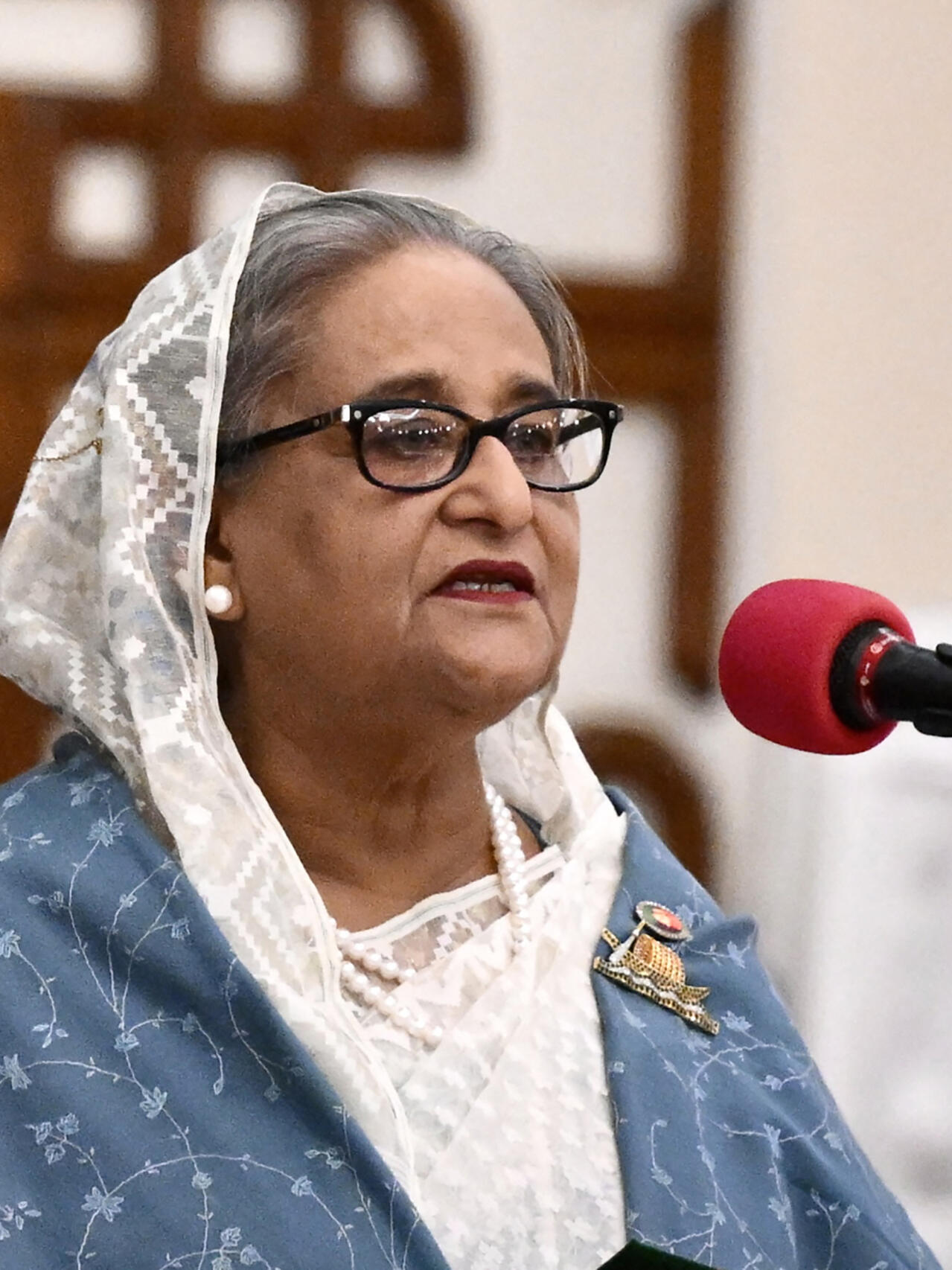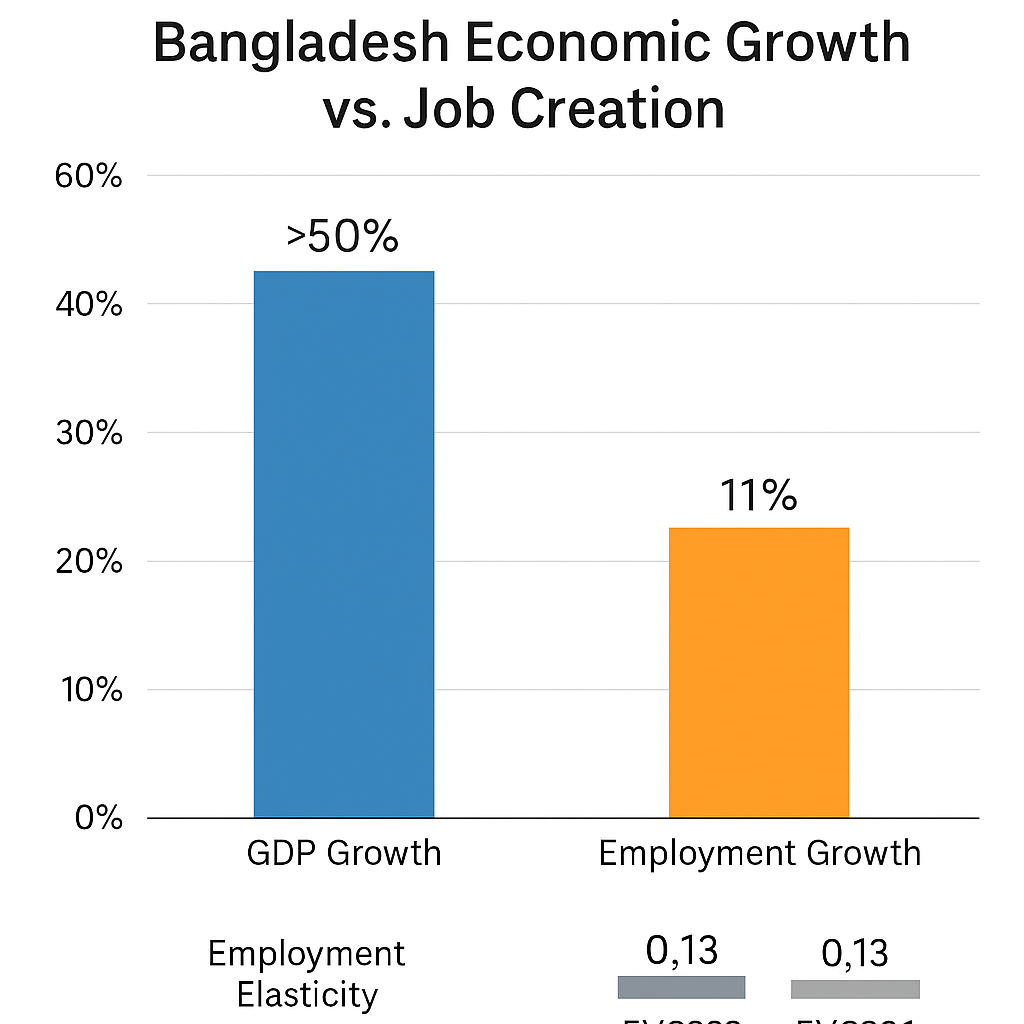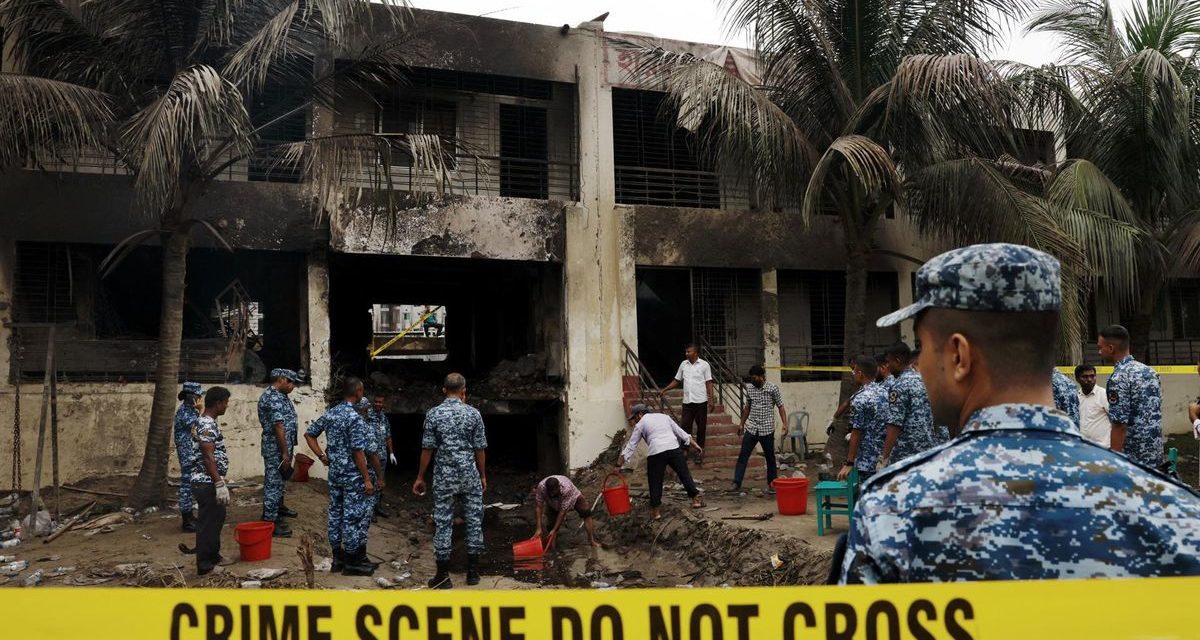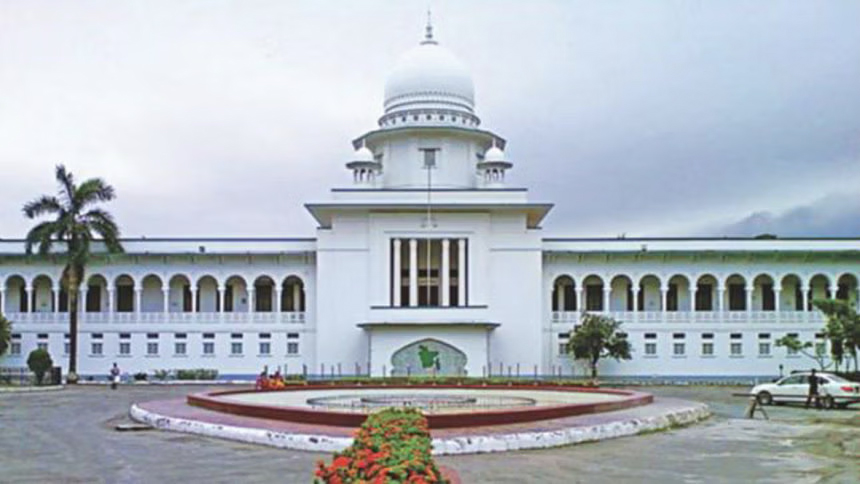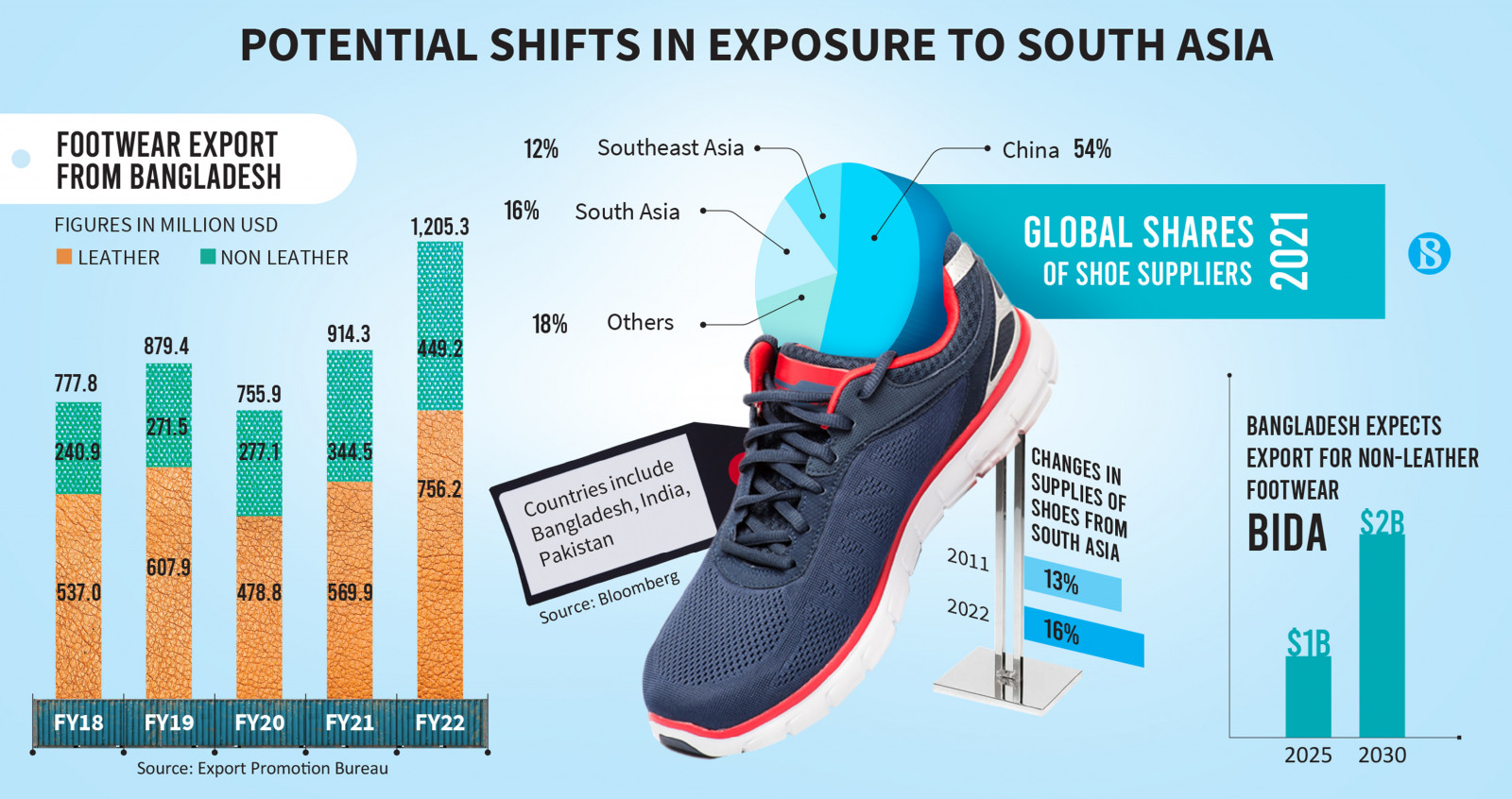
The newly imposed US tariff of 50% on Bangladesh’s synthetic footwear exports threatens to reverse $523 million in growth, impacting the industry’s competitiveness and thousands of jobs
Bangladesh’s booming synthetic footwear export industry, which has experienced rapid growth in recent years, now faces a significant threat following the imposition of steep tariffs by the United States government. The new trade measures include a 50% tariff on synthetic shoes imported from Bangladesh, including a fresh 35% duty recently introduced. This development has raised serious concerns among exporters and industry leaders, as it could drastically undermine the competitiveness of Bangladeshi footwear in the crucial US market.
In the fiscal year 2024-25, Bangladesh’s synthetic footwear exports reached an impressive $523 million, marking the sector as one of the country’s fastest-growing export industries. Over the past decade, the synthetic shoe segment has seen a sharp increase in demand, fueled in part by global buyers shifting sourcing away from China due to rising labor costs and geopolitical uncertainties. Bangladesh had emerged as a preferred alternative, offering competitive prices and an increasingly skilled workforce, combined with favorable trade agreements with the US, such as the Generalized System of Preferences (GSP).
However, the recent imposition of tariffs threatens to reverse these gains. The 50% tariff significantly raises the cost of Bangladeshi synthetic footwear in the US market, making it far less attractive compared to imports from countries with lower or no tariffs. For example, Vietnam, a major competitor in the region, faces only a 19.3% duty on similar products, nearly half of what Bangladesh exporters now must contend with. This disparity could lead American importers to divert their purchases away from Bangladesh, jeopardizing millions of dollars in export revenue and the livelihoods of thousands of workers involved in the sector.
Industry stakeholders have expressed their dismay at the sudden tariff increase. The Bangladesh Footwear Manufacturers and Exporters Association (BFMEA) has called on the government to engage urgently with US trade authorities to seek relief or negotiate better terms. Exporters argue that the imposition contradicts the broader goals of fostering trade relations and economic cooperation between the two countries. They emphasize that Bangladesh’s synthetic footwear industry provides affordable and quality products, adheres to international labor standards, and contributes significantly to the national economy.
The tariff impact is expected to ripple beyond just export figures. Many factories specializing in synthetic shoe production employ a large workforce, particularly women, offering vital employment opportunities in both urban and semi-urban areas. A decline in export orders could lead to factory closures or reduced production, threatening job security and economic stability for many families dependent on this industry. Furthermore, the government’s efforts to diversify the economy and reduce reliance on traditional ready-made garment exports might suffer setbacks if the footwear sector contracts.
Trade experts suggest that the tariffs may have been imposed due to concerns in the US over alleged unfair trade practices, such as dumping or subsidies, though detailed justifications have yet to be publicly clarified. Bangladesh’s export representatives are preparing to present their case to the Office of the United States Trade Representative (USTR), arguing that the country complies with all trade regulations and that the tariffs are disproportionate.
In addition to diplomatic efforts, some exporters are exploring strategies to mitigate the impact. These include increasing production efficiency, investing in technology upgrades, and targeting alternative markets in Europe and Asia where tariff barriers are less severe. However, none of these measures can fully compensate for the loss of the lucrative US market in the short term.
The imposition of tariffs comes at a time when global trade dynamics are becoming increasingly complex. Supply chain disruptions, inflationary pressures, and rising raw material costs have already challenged exporters worldwide. For Bangladesh, the synthetic footwear sector had been a rare bright spot amid these difficulties. The US tariffs risk dimming this positive trajectory, highlighting the vulnerability of export-dependent economies to sudden policy shifts in major markets.
Analysts warn that without immediate government intervention and strategic trade diplomacy, Bangladesh could lose its hard-earned foothold in the synthetic footwear segment. The industry’s future growth hinges on securing fair trade terms and maintaining competitive pricing. Stakeholders urge the government to prioritize this issue within its broader economic agenda, coordinating efforts across trade ministries, exporters, and international partners.
In conclusion, the US’s decision to impose a 50% tariff on synthetic footwear from Bangladesh poses a significant challenge to the country’s burgeoning export industry. With exports valued at over half a billion dollars annually, the sector is vital for economic growth and employment. The tariff threatens not only market access but also the welfare of thousands of workers and the sustainability of export businesses. Bangladesh’s government and industry leaders must act swiftly to negotiate tariff relief, diversify export markets, and enhance production capabilities to safeguard the future of synthetic footwear exports. The coming months will be critical in determining whether Bangladesh can retain its competitive edge or face a costly retreat from one of its most promising export sectors
source : thedailystar


